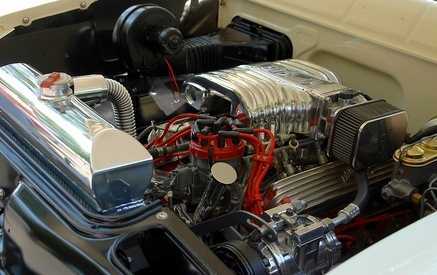
Ensuring that vehicles get the best gas mileage possible is an important issue in our economy. A thorough evaluation to see that the car is in good mechanical shape helps save money and can contribute to a healthy environment. A professional tune up will help your engine run more efficiently, as well. Tune ups can be quite expensive, but over the long run, properly maintaining you vehicle will save you money.
Replace the spark plugs. Any auto store can help you find the ones required by your particular vehicle make. Spark plugs come in different brands and prices. Buy the best quality ones you can afford. You also need a feeler gauge to set the recommended gap.
Use the feeler gauge to set the gap on all of the new spark plugs. Refer to an owners manual for the recommended setting. Your auto store dealer can also tell you the setting.
Replace one plug at a time to avoid mixing up the plug wires. Remove the wire and carefully unscrew the spark plug from the engine. If you can't afford new spark plugs, you may be able to clean these and reset the gap in them
Insert the new spark plug with the spark plug wrench, tighten it down and replace the spark plug wire. Continue this process until all of the plugs are replaced.
Buy a good quality brand of spark plug wires that are recommended for your type of vehicle. Refer to the owners manual or ask the service tech at your local auto parts store to look it up for you.
Replace one wire at a time so you don't confuse the firing order. Each wire on the distributor cap must match the right spark plug. Remove the wire from the distributor cap and follow it to the spark plug and remove it.
Replace one wire at a time so you don't confuse the firing order. Each wire on the distributor cap must match the right spark plug. Remove the wire from the distributor cap and follow it to the spark plug and remove it.
Add a cleaner to your gas tank. Use a cleaner that is recommended for your type engine. Carburetors can become sluggish with build up over time. Fuel injectors also need occasional cleaning maintenance to keep them operating efficiently.
Check all of the belts on the engine. Belts will weather, age and crack over time. Inspect them thoroughly and replace any that look to be in poor repair.
Check all of the fluid levels, including the radiator fluid, oil and transmission fluid. Low fluids will greatly effect your engine's performance and life.